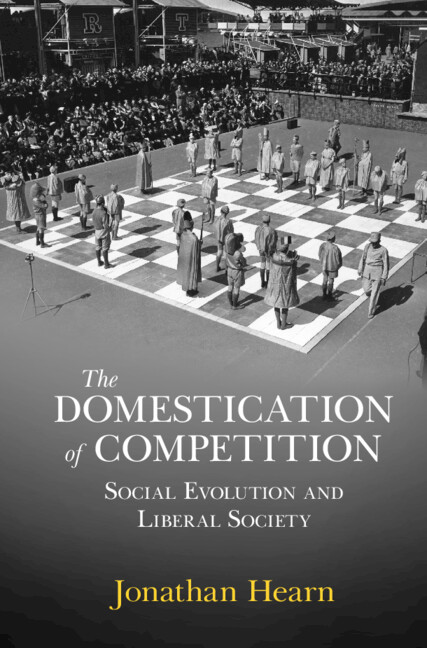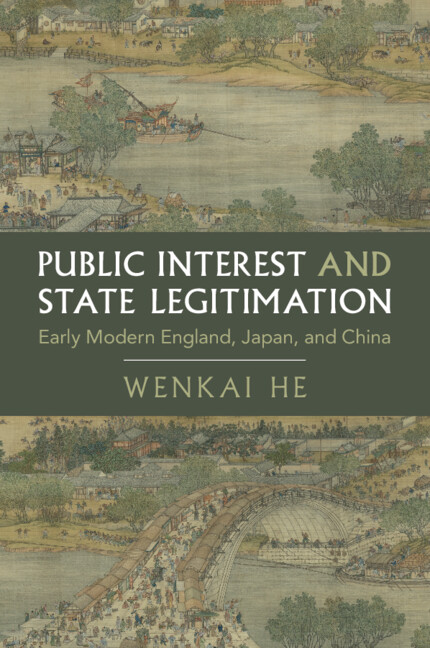The Domestication of Competition
Competition is deeply built into the structures of modern life. It can improve policies, products and services, but is also seen as a divisive burden that pits people against one another. This book seeks to go beyond such caricatures by advancing a new thesis about how competition came to shape our society. Jonathan Hearn argues that competition was 'domesticated', harnessed and institutionalised across a range of institutional spheres in the late eighteenth and early nineteenth centuries. Responding to crises in traditional forms of authority (hereditary, religious), the formalisation of competition in the economy, politics, and diverse new forms of knowledge creation provided a new mode for legitimating distributions of power in the emerging liberal societies. This insightful study aims to improve our ability to think critically about competition, by better understanding its integral role, for good and ill, in how liberal forms of society work.
- Uses the everyday concept of competition to help readers make deeper sense of their world and circumstances
- Enables critical engagement with the power structures and dynamics of liberal societies
- Uncovers underlying connections in the social organization of the military, economy, politics, and culture
Reviews & endorsements
‘Only a scholar from social anthropology could have written this book! It locates and analyses the cultural code on which our societies depend, that of competition. It does so with skill and nuance, stressing the role played by regulation and law in ensuring social progress. This is a wholly original, path-breaking book, challenging assumptions about competition found on both the left and the right, and likely to cause a stir in many disciplines.' John Hall, McGill University
‘The principle and practice of competition is central for social life in modernity. It underpins the dominant political system (liberal democracy), the hegemonic economic system (capitalism) and it also permeates the cultural sphere (from fashion trends to university life). In this innovative and wide-ranging book Hearn offer a comprehensive historical sociology of this phenomenon. He explores how competition has historically been domesticated and how this process operates in the contemporary contexts. This is an excellent contribution that will influence future debates across social sciences and humanities.' Siniša Malešević, University College Dublin and CNAM, Paris
‘Jonathan Hearn notes that ‘competition' is often used as a boo-word – something always to regret or despise. Against this simplistic view, Hearn shows that competition, in both nature and society, has complex forms and functions. It can be damaging, but it is often a means to spur cooperation or mutual advantage. It is not confined to markets, as competitions in sport attest. This a fascinating, rich and timely book that will transform thinking on this topic.' Geoffrey Hodgson, Loughborough University
Product details
April 2023Hardback
9781009199155
330 pages
235 × 158 × 23 mm
0.63kg
1 b/w illus. 1 table
Available
Table of Contents
- Introduction
- Part I. The Ideas:
- 1. The context of the question
- 2. The theoretical approach
- Part II. The Analytic Narrative:
- 3. The decline of traditional authority, and the rise of corporate actors
- 4. Militias to militaries
- 5. From adventurers to companies
- 6. From factions to parties
- 7. From churches to universities
- Part III. The Wider View:
- 8. The culture of competition
- 9. The critique of competition
- Conclusion
- References.









